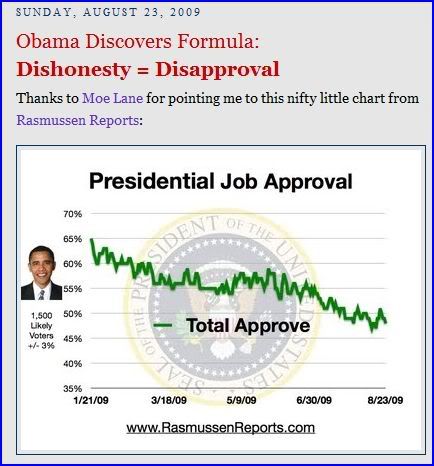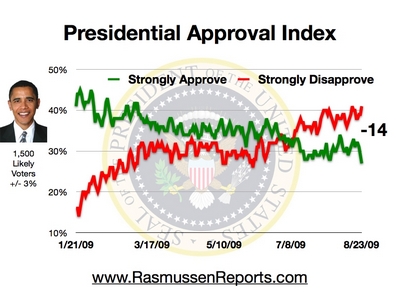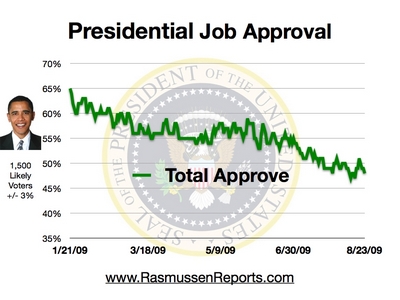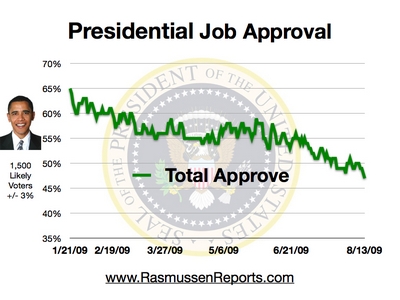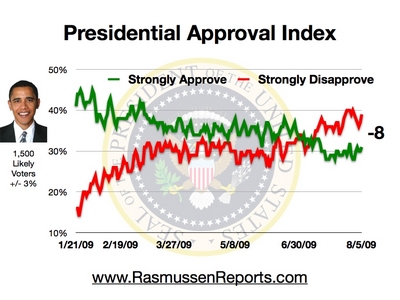Before we go any further I believe it would behoove us to go over a bit of terminology that is thrown about too often without people understanding thier meanings. the terms I am refering to are Issues, Policies, and Principles.
First let’s deal with Issues.
An Issue, for the purpose of Politics, is something that is a cause of dispute. Issues come and go, some last longer than others, but all issues are fleeting in the long term. Some issues we deal with today are abortion, international terrorism and slowing or failing markets.
Next we have Policies.
Policies are the constructs that we create to deal with any given issue. Policies of today include the ESCR Ban, GWOT, and TARP.
Last but not least we have Principles.
Principles are what guide us in the formation of Policy on any given Issue. All political groups have their set of principles that guide them, but not all principles are equal.
So now we can move on a bit further having defined Issues, Policies, and Principles in their broader sense.
To be a conservative you must follow the Ten Conservative Principles written by Russell Kirk when constructing Policy for any given Issue. Below are the 10 principles.
- First, the conservative believes that there exists an enduring moral order
Moral order is the foundation to self governance as I tried to convey in this diary.Additionally Kirk acknowledges that order is made for man, and man is made for it: human nature is a constant, and moral truths are permanent. This moral order does not need to be religous but at the same time it should be irreligious.
- Second, the conservative adheres to custom, convention, and continuity
Custom, Convention and Continuity provide us with knowledge of our linked histories, the bodies of law which have been agreed upon in our history, and a way to pass both our history and our laws to generations to come. Kirk explains that when we throw off these customs and continuity that we often end up with a new social order which may be much inferior to the old order that radicals overthrew in their zeal for the Earthly Paradise.
- Third, conservatives believe in what may be called the principle of prescription
Prescription is those things which are established beyond the limits of memory, tradition, or recorded history. This as Kirk says is the acknowledgement that “modern people are dwarfs on the shoulders of giants, able to see farther than their ancestors only because of the great stature of those who have preceded us in time.” With this acknowledgement it is apparent that our minds should not run to the contrary of these established truths which allow us to better understand why we have government and why we believe it must be limited in order to secure liberty.
- Fourth, conservatives are guided by their principle of prudence
Prudence is the act of being wise in handling practical matters; exercising good judgment or common sense. As Kirk says “Any public measure ought to be judged by its probable long-run consequences, not merely by temporary advantage or popularity.” This principle was shared by Burke and Plato among many others and they believed it to be chief among the virtues of a statesman. If definitions were still pure prudence would be the principle of all foward thinkers.
- Fifth, conservatives pay attention to the principle of variety
Variety needs not to be defined, but I will say that it is not the faux diversity of the left that conservatives hold dear. True diversity, or variety, allows for, as Kirk states ” orders and classes, differences in material condition, and many sorts of inequality”. Additionally Kirk recognizes, as do conservatives, that “The only true forms of equality are equality at the Last Judgment and equality before a just court of law; all other attempts at levelling must lead, at best, to social stagnation”.
- Sixth, conservatives are chastened by their principle of imperfectability
Man is a fallen creature, this holds true regardless of any belief in God. Our imperfectability is not limited to the individual or the collective. I do not presume to be able to describe this better than Kirk himself, so I will provide a larger quote from Kirk on this matter:
To seek for utopia is to end in disaster, the conservative says: we are not made for perfect things. All that we reasonably can expect is a tolerably ordered, just, and free society, in which some evils, maladjustments, and suffering will continue to lurk. By proper attention to prudent reform, we may preserve and improve this tolerable order. But if the old institutional and moral safeguards of a nation are neglected, then the anarchic impulse in humankind breaks loose: “the ceremony of innocence is drowned.” The ideologues who promise the perfection of man and society have converted a great part of the twentieth-century world into a terrestrial hell.
- Seventh, conservatives are persuaded that freedom and property are closely linked
Property is sacred to freedom because of what property requires of the individual. Property must be maintained my the owner, and this as noted by Kirk instills in us all a sense of responsibility, not only to ourselves but to the community in which we live. “The conservative acknowledges that the possession of property fixes certain duties upon the possessor; he accepts those moral and legal obligations cheerfully”, Kirk states. Freedom is strengthened by responsibility.
Property is also the fruit of ones labor, and with that comes the possibility to pass those fruits down to generation after generation, allowing those who come after us to “rise from the natural condition of grinding poverty to the security of enduring accomplishment; to have something that is really one’s own”.
- Eighth, conservatives uphold voluntary community, quite as they oppose involuntary collectivism
Here, again, I will quote a full text of Kirk’s writing on this principle for the simple reason that I don’t think I could say it better:
Although Americans have been attached strongly to privacy and private rights, they also have been a people conspicuous for a successful spirit of community. In a genuine community, the decisions most directly affecting the lives of citizens are made locally and voluntarily. Some of these functions are carried out by local political bodies, others by private associations: so long as they are kept local, and are marked by the general agreement of those affected, they constitute healthy community. But when these functions pass by default or usurpation to centralized authority, then community is in serious danger. Whatever is beneficent and prudent in modern democracy is made possible through cooperative volition. If, then, in the name of an abstract Democracy, the functions of community are transferred to distant political direction—why, real government by the consent of the governed gives way to a standardizing process hostile to freedom and human dignity.
For a nation is no stronger than the numerous little communities of which it is composed. A central administration, or a corps of select managers and civil servants, however well intentioned and well trained, cannot confer justice and prosperity and tranquility upon a mass of men and women deprived of their old responsibilities. That experiment has been made before; and it has been disastrous. It is the performance of our duties in community that teaches us prudence and efficiency and charity.
- Ninth, the conservative perceives the need for prudent restraints upon power and upon human passions
This principle was key in the development of our form of government. The Founders, wisely, understood man’s lust for power and where the passions of man would lead once power was attained. For this reason they created the different branches of government and the checks and balances between those branches. Additionally, the Founders understood that there needed to be a check on the Federal Government as a whole and wrote the Tenth Amendment with that in mind:
The powers not delegated to the United States by the Constitution, nor prohibited by it to the States, are reserved to the States respectively, or to the people.
There is also a balance to be struck on this as Kirk notes in the following passage:
A state in which an individual or a small group are able to dominate the wills of their fellows without check is a despotism, whether it is called monarchical or aristocratic or democratic. When every person claims to be a power unto himself, then society falls into anarchy.
The bolded portion is a reminder to our more extreme libertarian brethren. Liberty unchecked leads to anarchy which quicly avails itself to tyranny. We must find the balance between the two, and the conservative believes that “A just government maintains a healthy tension between the claims of authority and the claims of liberty”.
- Tenth, the thinking conservative understands that permanence and change must be recognized and reconciled in a vigorous society
Conservatives understand that with advancements in technology and medicine and science in general we must continually evaluate the status quo, but with that we aslo acknowledge that some things are permanent. Through careful deliberation and adherence to the other nine principles we will embrace progress as long as it is not the cult of Progress (notice the capital P). To better understand this I will provide another quote from Kirk:
The permanence of a society is formed by those enduring interests and convictions that gives us stability and continuity; without that permanence, the fountains of the great deep are broken up, society slipping into anarchy. The progression in a society is that spirit and that body of talents which urge us on to prudent reform and improvement; without that progression, a people stagnate.
These Ten Principles are what guide conservatives in the construction of policies on any given issue.
So now I ask you, are you a conservative?
Aaron Gardner

